You might be surprised to learn about some of the most common—and dangerous food and drug combinations. These combinations are not only limited to prescription drugs, there are certain over-the-counter medications that should also be used with caution around certain foods.
Always listen to your doctor’s advice when it comes to food and drug interactions, and read medication labels carefully to keep yourself safe!
Here are some of the most common food and drug interactions that you should be aware of.
Antibiotics and dairy products. Certain antibiotics, such as Cipro, will not be properly absorbed if consumed with dairy products. This leads to trouble because the medication cannot get into your system properly and fight the infection. Any antibiotics that are in the category of tetracyclines or fluoroquinolones should not be taken with dairy products within 2 hours before and after. Make sure you know if your medication falls into one of these classes.
Ritalin and chocolate: Ritalin is a stimulant, and chocolate contains not only caffeine (another stimulant) but also a compound called theobromine (another stimulant). When combined, it can lead to not only erratic behaviour, but also potentially cause seizures. Dark chocolate contains more theobromine, so beware of this potential interaction.
If you take Ritalin, pay attention to any effects that you might notice, such as feeling jittery, irritable or nervous, and if you do, then make certain to avoid this combination.
Cough medicine and limes: Many people have heard about the perils of combining grapefruit juice with certain cholesterol medications, but have you heard that you should avoid eating limes while taking cough medicines? Not only limes, actually, but certain varieties of oranges, too, may interact with the active ingredient in many cough suppressant medicines, dextromethorphan.
The limes and other citrus fruits may prevent the drugs from being properly broken down in your system, leading to a dangerous buildup of medication. As a result, you could experience hallucinations, muscle damage and sleepiness. These effects can linger for a few days, so you want to make sure that you are careful when taking any cough medicines to avoid citrus fruits.
Allergy medicine and apple juice: Certain allergy medications, especially Allegra, can interact with apple juice, as well as orange juice or grapefruit juice. Avoid these drinks for at least 4 hours after taking your allergy meds. The juices can block the absorption of the enzymes into your system, making the Allegra far less effective, meaning it won’t help you stop sniffling and sneezing. Singulair may also be affected by these juices, so it’s best to avoid them when taking any allergy meds.
Antidepressants and smoked meats: Certain types of antidepressants, known as monoamine oxidase inhibitors, or MAOIs, can cause dangerous reactions when combined with certain foods containing nitrates—this includes smoked meats, summer sausage, smoked salmon, red wine, sauerkraut, hot dogs, home brewed beer, soy sauces and aged cheeses.
The medications on the list include Marplan, Nardil, Emsam and Parnate, along with a few others. These drugs are prescribed less frequently than they used to be, but you should still be careful whenever taking an MAOI.
Acetaminophen and alcohol: When you are taking acetaminophen (Tylenol), you should be careful to avoid also taking alcohol. Because the body requires the same enzyme to break down both the alcohol and the medication, you run the risk of kidney and liver disease by combining the two. Try to wait at least 6 hours after taking any Tylenol (it is also often an ingredient in cold medicines) and drinking alcohol.
Warfarin and cinnamon: Warfarin is a prescription blood thinner, often used for people prone to developing blood clots. When taking Warfarin, it is important to make sure you are not getting too much Vitamin K, which you can get by eating plenty of leafy greens. Vitamin K helps with clotting, so you want to make sure that it does not interfere with the work of the Warfarin.
Not only could foods containing high levels of Vitamin K be problematic, but cinnamon could contribute to clotting problems. Cinnamon contains coumarin, which can also thin blood and when combined with blood thinners, it could lead to liver damage. Certain types of cinnamon, specifically Ceylon cinnamon, are safer.
Whenever you are taking a medication, whether by prescription or over-the-counter, be sure that you are careful about any possible food and drug interactions. Some can be quite serious. Consult with your physician or pharmacist if you are not sure of any possible interactions.
SOURCES: https://www.menshealth.com/health/dangerous-drug-food-combinations;https://www.fda.gov/forconsumers/consumerupdates/ucm096386.htm; Image courtesy of phasinphoto / FreeDigitalPhotos.net
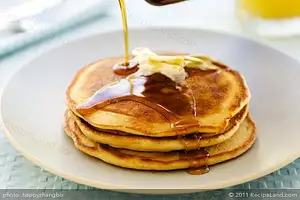
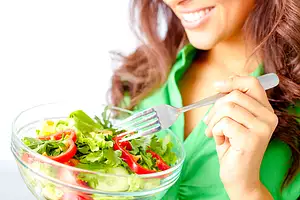
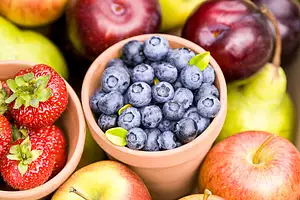
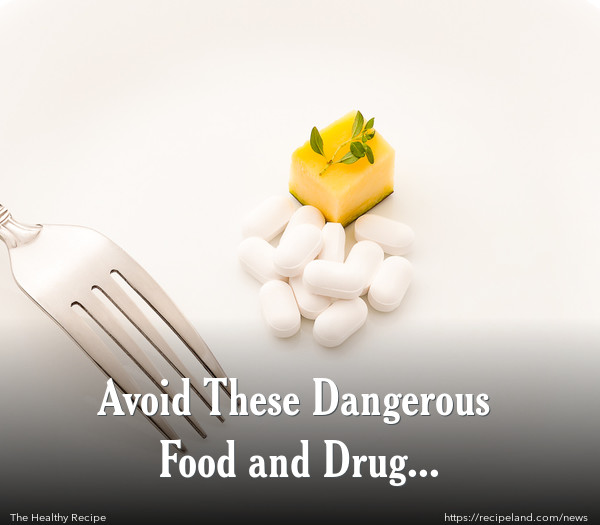
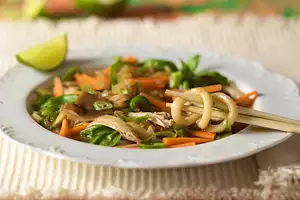
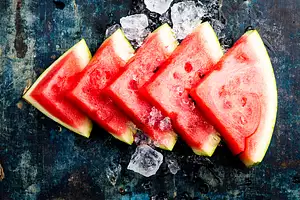
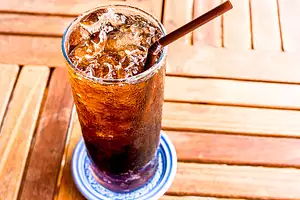
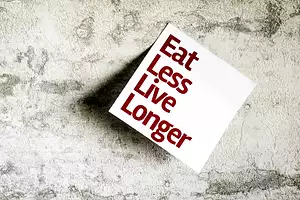


Comments